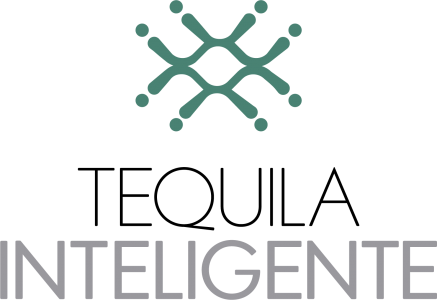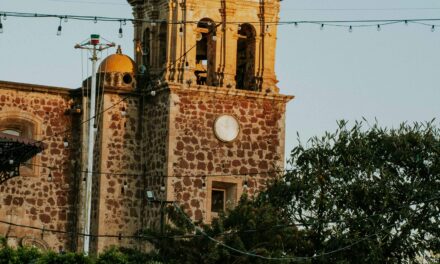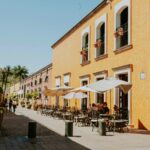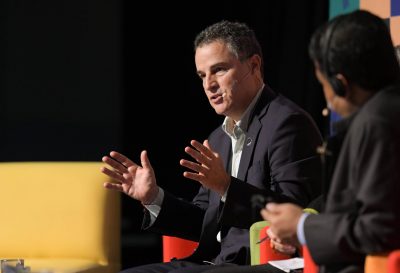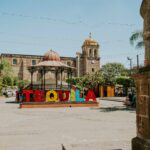
The answer is «No»
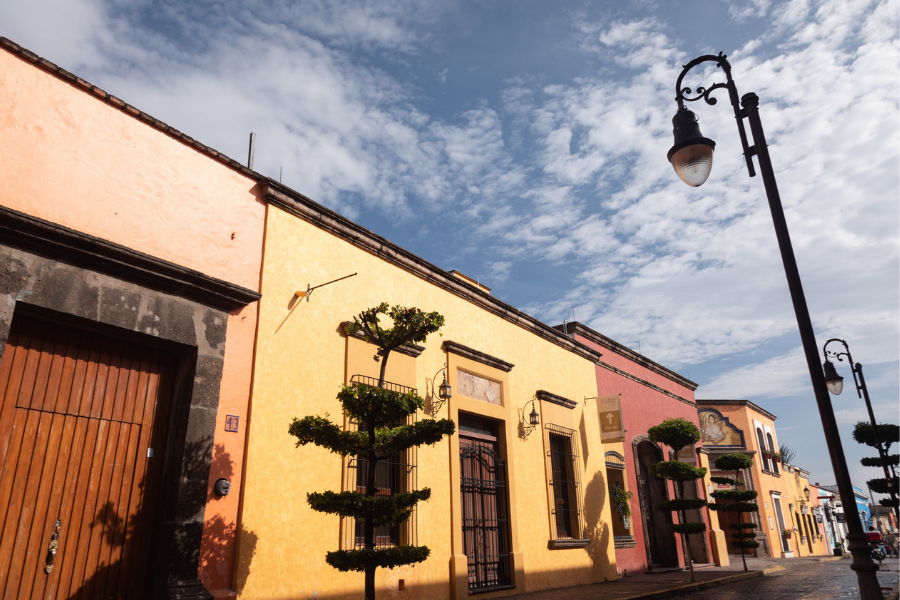
Publicado por Mexico Business News. Ver publicación original aquí.
Publicación en español.
A menudo me preguntan si Tequila ha cambiado de estrategia debido a la pandemia. Y la respuesta es no. Un sistema complejo, como una ciudad, un destino turístico, no puede cambiar su estrategia debido a una variable adversa. Es necesario tratarlo como tal y dejar que el sistema madure, se autorregule y busque posibles soluciones dentro de sí mismo.
Evidentemente, hay grados. Una pandemia que dura uno o dos años no es lo mismo que un huracán o una sequía. Las ciudades reaccionan al principio pero a medida que pasa el tiempo, tienen que generar nuevas competencias.
¿Cuáles son algunas de las herramientas disponibles? Modelos de prevención, modelos de negocio, conciencia ciudadana, resiliencia y gestión de riesgos.
Se habla mucho de resiliencia; según la OCDE , las ciudades resilientes son ciudades que tienen la capacidad de absorber, recuperarse y prepararse para futuros choques (económicos, ambientales, sociales e institucionales); pero no se dice lo suficiente sobre la gestión de riesgos, la prevención y el papel de la ciudadanía.
En un sistema, los subsistemas son importantes, pero sin los demás no existe un enfoque holístico.
¿Qué ha hecho Tequila para fortalecer su sistema?

El tequila ha implementado la complejidad de manera sistémica: prevención mediante el uso de la tecnología, la digitalización, la información y la capacidad de carga del destino; la necesidad de resiliencia en todas sus formas : humana, política, funcional, cultural y natural; gobernanza eficaz, donde el gobierno asigna recursos, ejerce su voluntad política y su autoridad; modelos de negocio desde donde se genera la co-prosperidad, donde la inversión sigue existiendo; ciudadanía, con libertad individual, respeto de la normativa, vacunarse, mantener una distancia saludable y lograr la cohesión social ante la adversidad; y sustentabilidad, dimensionando la huella de carbono, apostando por la educación y buscando hacer crecer su producto interno bruto.
En el sistema se han tenido en cuenta otras variables, diferenciando entre saber hacer y saber qué, el uso del poder real de las personas en su propio destino, la mejora de la conectividad para reducir la brecha digital, certificaciones en seguridad, sostenibilidad , huella de carbono libre, información en tiempo real para una mejor gestión, el balance turista / residente acompañado de una gestión del territorio; todo en un sistema de colaboración y redes de conocimiento. Este tipo de sistema también tiene grados de libertad y cuanto más complejos se vuelven, más grados de libertad tienen.
En realidad, ¿qué ha pasado en los meses de la pandemia?
I) El territorio se encoge
II) Cierre de empresas
III) Se utiliza más conectividad
IV) Se reduce la huella de carbono
V) Sube la alarma social
VI) Cambios en el tipo de interacciones
VII) Las redes sociales proporcionan información asimétrica
VIII) La incertidumbre es la norma
IX) La sociedad busca referentes.
¿Cuáles han sido las lecciones aprendidas?
- Utilizar la tecnología para evaluar los riesgos: realizar estudios que utilicen la tecnología para ayudar a los gobiernos a establecer normas de seguridad.
- Incorporar el territorio en el análisis y la toma de decisiones: las ciudades deberán actualizar constantemente sus análisis urbanos para identificar los espacios urbanos más vulnerables y gestionarlos.
- Fomentar el uso de información confiable: Establecer sistemas de información locales y acceder a datos en tiempo real.
- Planificar programas de control flexibles: La gestión de riesgos debe poder adaptarse a los requisitos y especificaciones a medida que maduran los eventos complejos.
- La complejidad debe aprenderse : los problemas se han vuelto complejos, no complicados, y la complejidad debe aprenderse para ser manejada.
- Piense en términos regionales: los problemas no comienzan ni terminan en los límites municipales.
- Diseñar modelos de prevención: las ciudades deben tener simulaciones de escenarios y protocolos de emergencia claros, monitoreo constante y respuesta temprana; no pueden simplemente reaccionar.
- Invertir en infraestructura tecnológica: La digitalización y la conectividad han sido claves para que la actividad económica y social mantenga un cierto nivel de resiliencia.
- Analice los flujos de turistas y residentes: utilice análisis urbanos para estimar la capacidad máxima de carga del espacio público con las restricciones adecuadas.
- Invitar a todos los actores a colaborar para una mejor gobernanza: Todos los interesados deben trabajar en colaboración para comprender y actuar de manera adecuada sobre los fenómenos que enfrenta la ciudad.
Muchas de las decisiones que se han tenido que tomar durante este tiempo han estado marcadas con carteles rojos durante mucho tiempo pero no queríamos verlas y no queríamos afrontarlas. No esperemos a otra pandemia, como se llame, para tomar las decisiones que se deben tomar, y una de ellas es comprender la complejidad en su totalidad.
Publicación en inglés.
I am often asked if Tequila has changed its strategy because of the pandemic. And the answer is no. A complex system, such as a city, a tourist destination, cannot change its strategy because of an adverse variable. It is necessary to treat it as such and let the system mature, self-regulate and look for possible solutions within itself.
Obviously, there are degrees. A pandemic lasting a year or two is not the same as a hurricane or a drought. Cities react at first but as time goes on, they have to generate new competencies.
What are some of the tools available? Prevention models, business models, citizen awareness, resilience and risk management.
There is a lot of talk about resilience; according to the OECD, resilient cities are cities that have the capacity to absorb, recover and prepare for future shocks (economic, environmental, social and institutional); but not enough is said about risk management, prevention and the role of citizens.
In a system, subsystems are important but without the others there is no holistic approach.
What has Tequila done to strengthen its system?

Tequila has implemented complexity in a systemic way: prevention through the use of technology, digitalization, information and the carrying capacity of the destination; the need for resilience in all its forms — human, political, functional, cultural and natural; effective governance, where the government allocates resources, exercises its political will and its authority; business models from where co-prosperity is generated, where investment continues to exist; citizenship, with individual freedom, respect of regulations, getting vaccinated, keeping a healthy distance and achieving social cohesion in the face of adversity; and sustainability, sizing the carbon footprint, betting on education and seeking to grow its gross domestic product.
Other variables have been taken into account in the system, differentiating between know-how and know-what, the use of the real power of the people in their own destination, the improvement of connectivity to reduce the digital divide, certifications in security, sustainability, free carbon footprint, real-time information for better management, the tourist/resident balance accompanied by a management of the territory; all in a system of collaboration and knowledge networks. This type of system also has degrees of freedom and the more complex they become, the more degrees of freedom they have.
In reality, what has happened in the pandemic months?
I) The territory shrinks
II) Businesses close down
III) More connectivity is used
IV) Carbon footprint is reduced
V) Social alarm rises
VI) Changes in the type of interactions
VII) Social media provides asymmetric information
VIII) Uncertainty is the norm
IX) Society looks for referents.
What have been the lessons learned?
- Use technology to assess risks: Conduct studies using technology to support governments in setting safety standards.
- Incorporate territory into analysis and decision-making: Cities will need to constantly update their urban analytics to identify the most vulnerable urban spaces and manage them.
- Encourage the use of reliable information: Establish local information systems and access real-time data.
- Plan flexible control programs: Risk management must be able to adapt to the requirements and specifications as complex events mature.
- Complexity must be learned: Problems have become complex not complicated and complexity must be learned to be managed.
- Think in regional terms: Problems do not start and end at municipal boundaries.
- Design prevention models: Cities must have scenario simulations and clear emergency protocols, constant monitoring and early response; they cannot just react.
- Invest in technological infrastructure: Digitalization and connectivity have been key for economic and social activity to maintain a certain level of resilience.
- Analyze tourist and resident flows: Use urban analytics to estimate the maximum carrying capacity of public space with appropriate constraints.
- Invite all actors to collaborate for better governance: All stakeholders must work collaboratively to understand and act appropriately on the phenomena faced by the city.
Many of the decisions that have had to be taken during this time have been flagged with red signs for a long time but we did not want to see them and did not want to face them. Let’s not wait for another pandemic, whatever it is called, to make the decisions that need to be made, and one of them is to understand complexity in full.
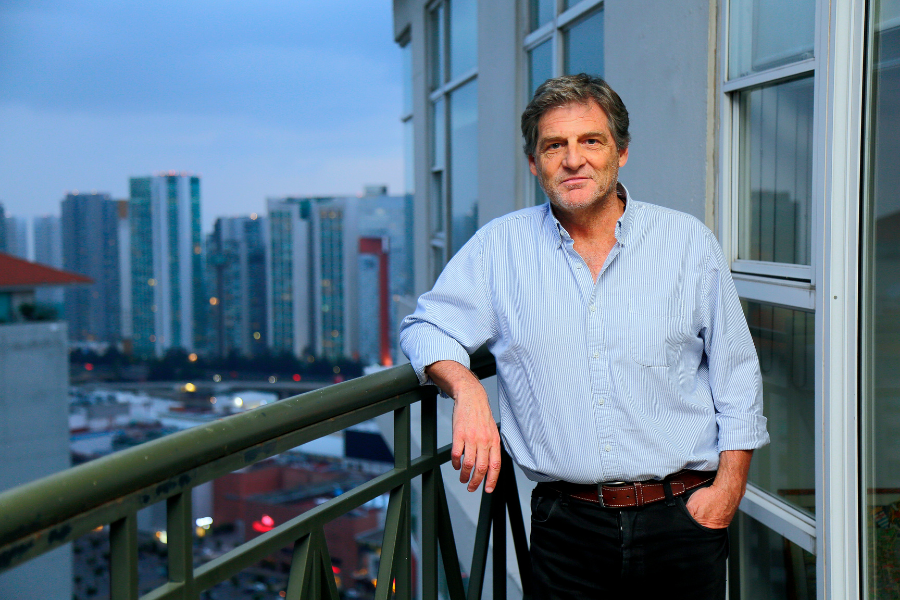 Federico de Arteaga.
Federico de Arteaga.
Director de Planeación en Grupo JB-Cuervo. Experto en Ciudades, Destinos Inteligentes, en Responsabilidad Social y Sostenibilidad.
